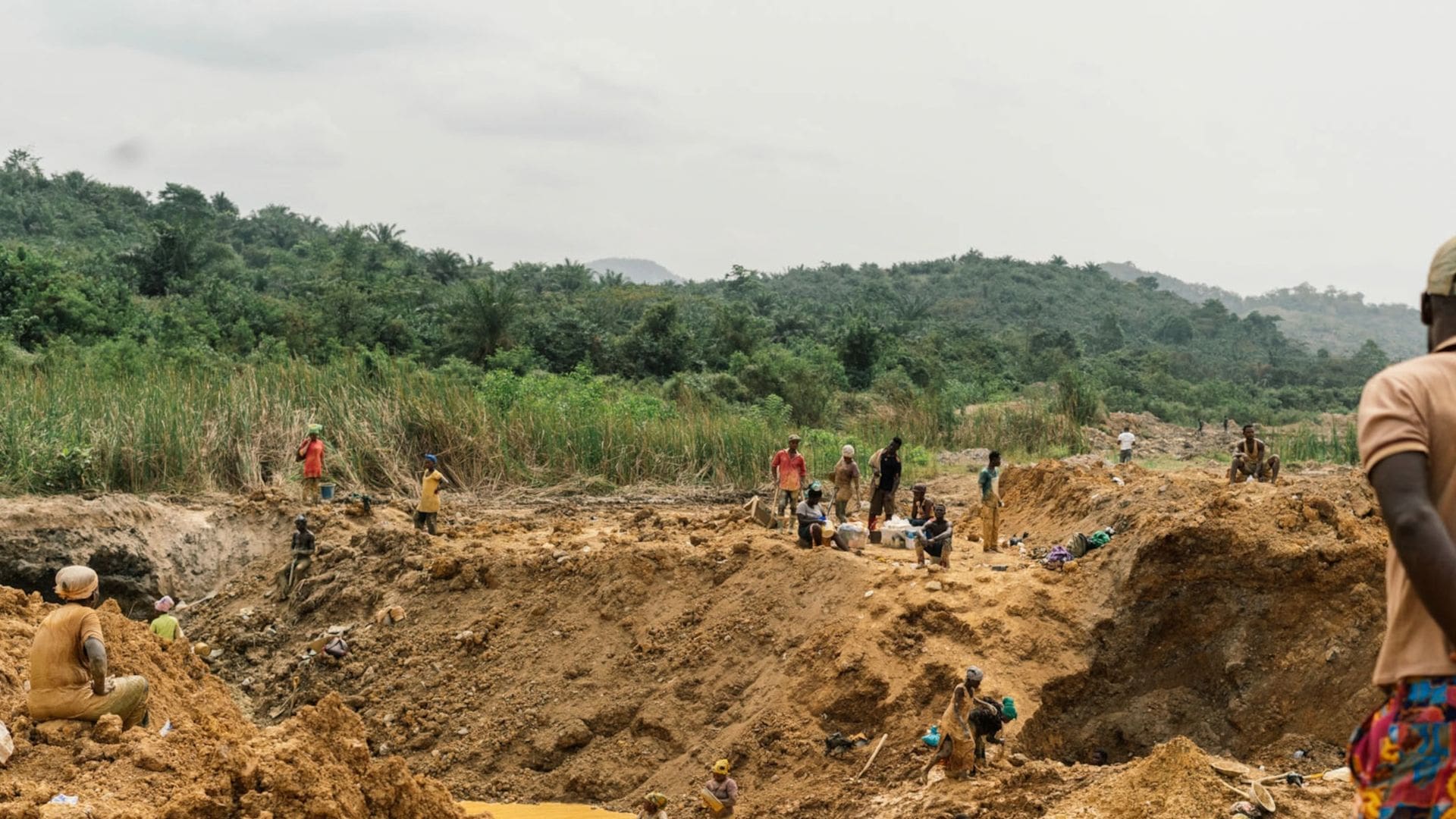Ghana's Mining Sector Overcomes Challenges and Strives for Local Development
- Ghana | 28 May 2018

Ghana’s mining sector has reached a level of maturity that promises more efficient processes for local development. However, there are still challenges that need to be addressed. Efforts have been made to increase reinvestment in local communities, with the government committing an additional 4% of investment, on top of the 4.95% of company revenue, towards local development. One crucial aspect that needed attention was the distribution of royalties to ensure that funds intended for local development were effectively utilized in mining regions. To address this, the Mining Development Fund Act was enacted in 2016, establishing a governance framework for the distribution of royalties through a national architecture and local committees. The Chamber of Mines advocates for the consolidation of investments and distribution by a single development committee to enhance accountability.
Given Ghana’s position as a mining hub in West Africa, the country has the opportunity to lead in developing local capabilities to serve the region. Many local companies have grown alongside the industry and now meet international standards, making them competitive service providers in the region. Operating locally offers advantages such as quicker response times and the ability to hold stock. Furthermore, there is significant potential for in-country value addition. Ghana’s Precious Minerals Marketing Corporation (PMMC), responsible for assessing gold grades and issuing certificates for export, plans to establish a refinery in Accra. This downstream activity could benefit the entire region.
One of the challenges the Ghanaian government faces is addressing illegal mining, which has had severe environmental, human, and economic consequences. In 2016, the country lost an estimated US$2.3 billion due to illegal mining activities, which accounted for around 30% of total gold production. The persistence of illegal mining could deter investors as other options emerge in the region. The government initially imposed a ban on small-scale mining in 2017, leading to numerous arrests by the illegal mining task force. However, pressure from legitimate small-scale miners resulted in the ban being lifted in 2018. This decision may complicate efforts to distinguish between illegal and legitimate artisanal mining, as some operators blur the line to avoid prosecution. The presence of approximately 200,000 illegal miners in Ghana also raises concerns about potential ethnic tensions, conflicts with law enforcement, and encroachment on farming territories.
While properly regulated and developed, the small-scale mining segment can present opportunities for local development and economic growth. With the right support, some small-scale miners may even progress to fill the gap in the mid-scale juniors space. As a mature mining jurisdiction, Ghana serves as a valuable learning experience for other countries in the region as they gain momentum. Although competition from juniors exploring less-explored territories with more attractive incentives could challenge Ghana’s position as the leading gold producer, the country’s mining sector remains vital to its economic development. With a renewed emphasis on resource diversification and promising projects in the pipeline, Ghana’s mining sector offers stability and a proven track record for successful projects, providing peace of mind to investors.
Ghana’s mining industry has overcome various challenges and is actively pursuing local development initiatives. Efforts to reinvest in local communities, improve royalty distribution, promote local content, and address illegal mining are ongoing. The sector’s maturity and stability make Ghana a valuable example for other countries in the region. Despite the evolving landscape and competition from other jurisdictions, Ghana’s mining sector continues to contribute significantly to the country’s economic growth and offers opportunities for further development and investment.








